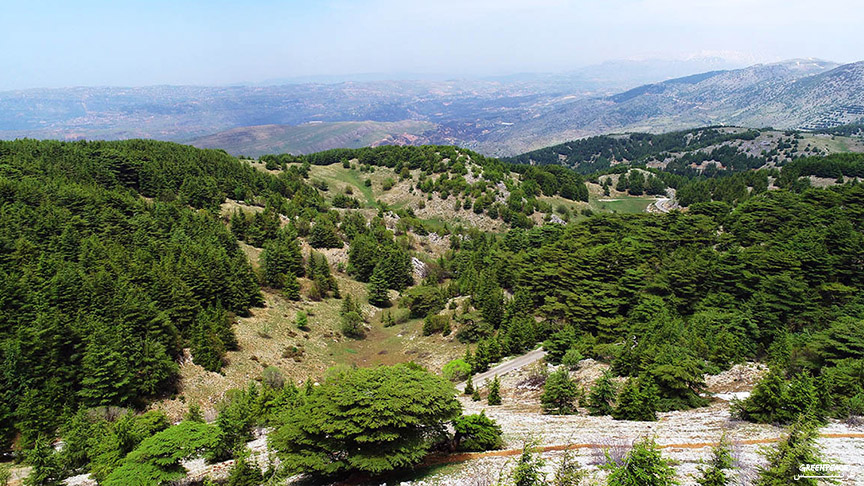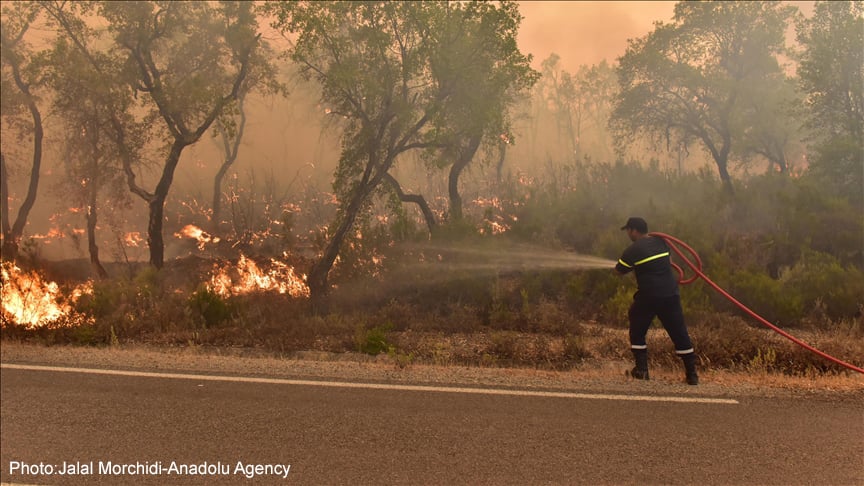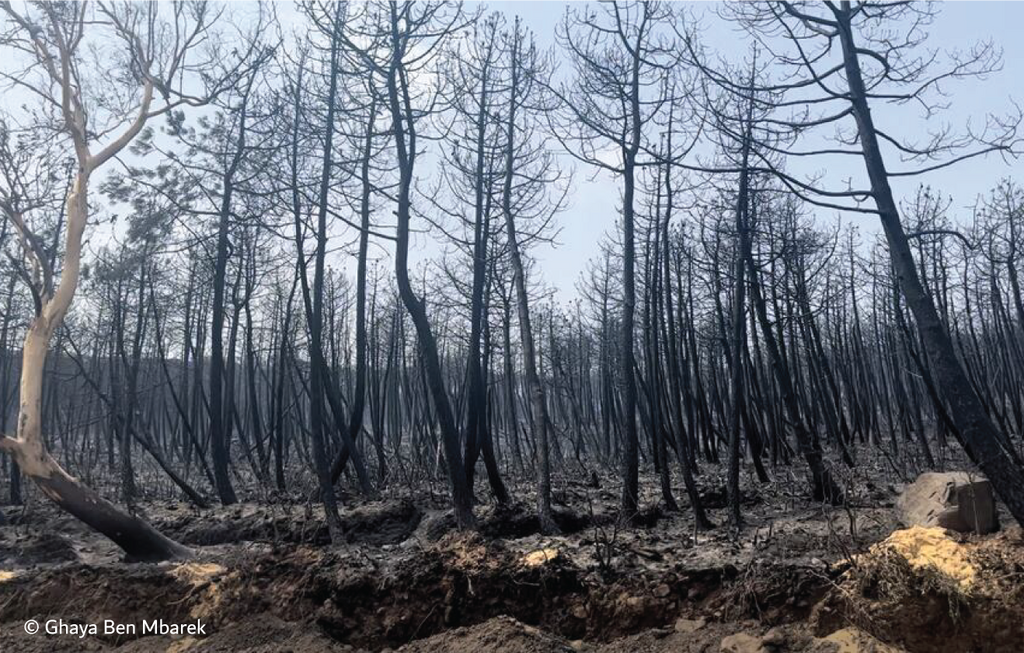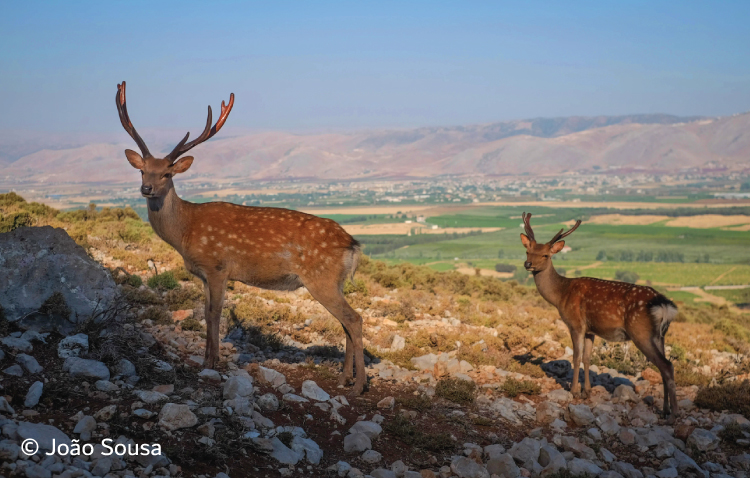
Forests are home to some of our planet’s most extraordinary biodiversity. They are also essential in the fight against climate change. But the world’s forests are under threat from deforestation, logging and the impacts of Global Warming.
Forests are home to around 80% of the world’s land biodiversity including many varieties of trees, plants, animals, birds, insects and fungi working together in complex ecosystems.
Forests cover 31 percent of the global land area, but are not equally distributed around the globe. Around half of this is relatively intact, and over a third is primary forest, with no visible sign of human activity and where ecological processes have been left undisturbed.
How do forests help stop climate change?
Forests around the world also help to stabilize the climate. They do this by absorbing almost one-third of the carbon dioxide released from burning fossil fuels every year – around 2.6 billion tonnes.
Because forests also store carbon, deforestation releases greenhouse gases into the atmosphere.
Why are forests being destroyed?
The world’s tropical forests are most often cut down or burned to make way for industrial food and cosmetics production.
In the case of the Amazon rainforest and other South American forests, fires are started by farmers to clear land to rear cattle for meat and dairy, or to grow soya for animal feed. So much deforestation happens in this way in South America that it is the main cause of deforestation worldwide.
In the tropical rainforests of Indonesia and the Congo, palm oil plantations are a key cause of deforestation. And in the Great Northern Forest, which stores more carbon than all the tropical forests in the world, logging companies fell trees for products like tissue paper.

Protecting forests is important for defending human rights too. All across the world, people that live within forests rely on them for shelter, food, energy, medicine, and income. Indigenous Peoples particularly depend on forests – and indigenous lands include some of the best-protected and most biodiverse regions in the world.
Since 1990, it is estimated that 420 million hectares of forest have been destroyed. The rate of deforestation slowed between 2015 and 2020, at an average of 10 million hectares per year, down from 16 million hectares per year since 1990.
How are MENA’s forests affected by the Climate crisis?
As a matter fact, the Middle East actually features some of the most captivating forests, with their lush and beautiful greenery. But with a region warming up almost twice as fast as the global average, we urgently need to protect and restore forests to avoid further catastrophic consequences.
According to the findings of USAID, during the past 50 years, Lebanon’s forest cover declined by 17 percent. Historically home to numerous native species and the largest pine forest in the Middle East, Lebanon loses approximately 1,500 to 2,000 hectares annually to wildfire and deforestation. These forests provide economic opportunities for many Lebanese and support ecological stability in an ever-changing regional climate. Unfortunately, as a result of the economic crisis that exacerbated energy poverty in Lebanon, many people have resorted to cutting down trees to make firewood or to earn income.

As climate change increases the severity and frequency of wildfires, assessments anticipate that the risk of wildfires will continue to increase in the North African countries.
At the end of last July, the National Agency for Water and Forests in Morocco announced that the number of fires registered from the beginning of January to the date of July 24, 2023, amounted to 222, in which the fires swept 10,000 square meters. Forests cover 12 percent of the country.
The same dangers extended to Tunisia, which witnessed the outbreak of more than 20 fires in a number of regions of the country, and the most devastating one raged through 450 hectares of the dense Melloula pine forest near the coastal town of Tabarka. Concurrently, fires of varying size and strength also broke out in Lebanon, Palestine and Syria.
Working to end deforestation and forest degradation while helping to restore lost forests is our best chance to solve the climate emergency, conserve wildlife, and defend the rights of Indigenous Peoples and traditional local communities. That’s why we are campaigning for more forests tomorrow than there are today.

“Don’t miss the once-in-a-generation opportunity to end the age of plastic. Support a strong Global Plastics Treaty!”
Sign The Petition!

Discussion
It's very very good, but can you make it simple words thanks
!Hello Liza, thank you for sharing
This was a very good article, that opened my eyes to the importance of saving our forests.